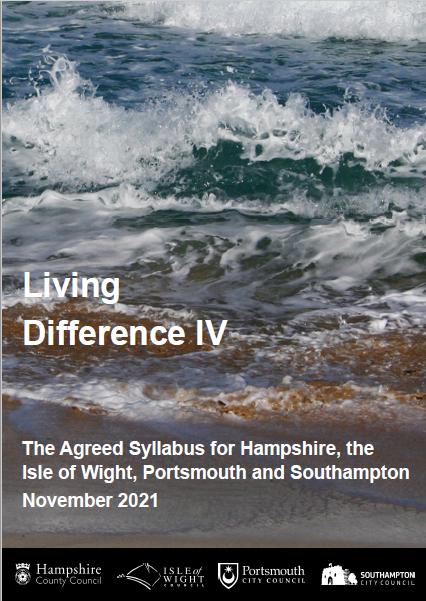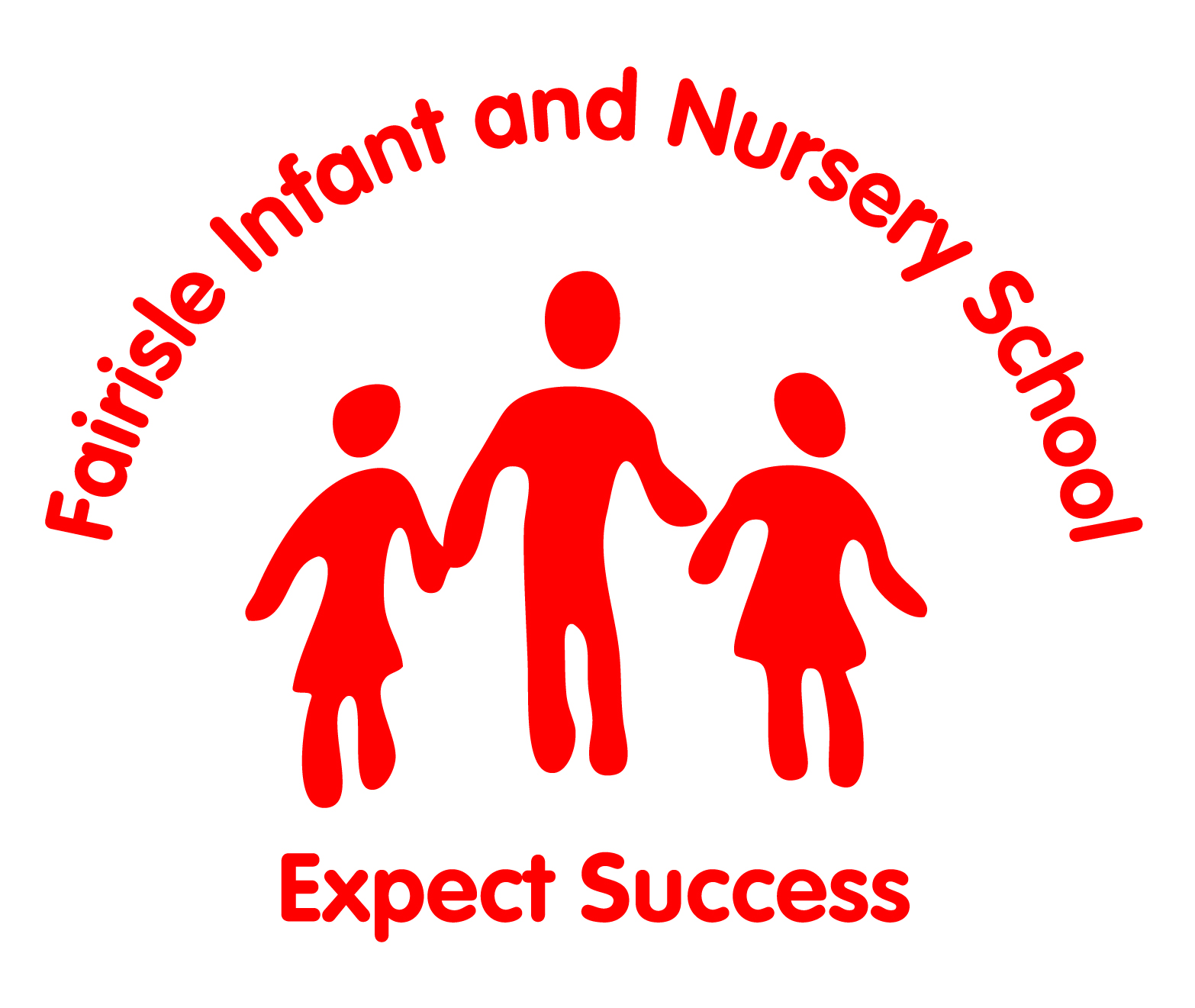Religious Education
Intent
At 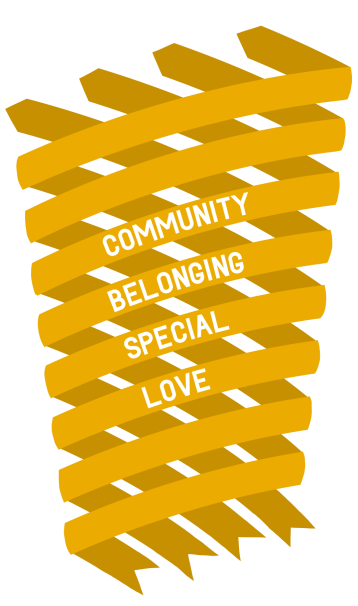 Fairisle Infant and Nursery School we believe that Religious Education plays an important part in developing our children’s spiritual, moral, social and cultural growth. Through the teaching of R.E. children gain a better understanding of themselves and their beliefs, as well as developing an awareness of the differing beliefs of others. By considering how other people choose to live and why they do so, the children are supported to develop respect and tolerance towards their peers, known adults and the wider community. This supports our ethos as a Rights Respecting School by enabling the children to respect their, and others, right to think and believe what they want.
Fairisle Infant and Nursery School we believe that Religious Education plays an important part in developing our children’s spiritual, moral, social and cultural growth. Through the teaching of R.E. children gain a better understanding of themselves and their beliefs, as well as developing an awareness of the differing beliefs of others. By considering how other people choose to live and why they do so, the children are supported to develop respect and tolerance towards their peers, known adults and the wider community. This supports our ethos as a Rights Respecting School by enabling the children to respect their, and others, right to think and believe what they want.
As well as developing factual knowledge about different religions, our R.E. curriculum also encourages students to develop self-reflection by supporting them to begin to understand what they have studied may mean for their own lives.
Implementation
Our RE curriculum follows the Hampshire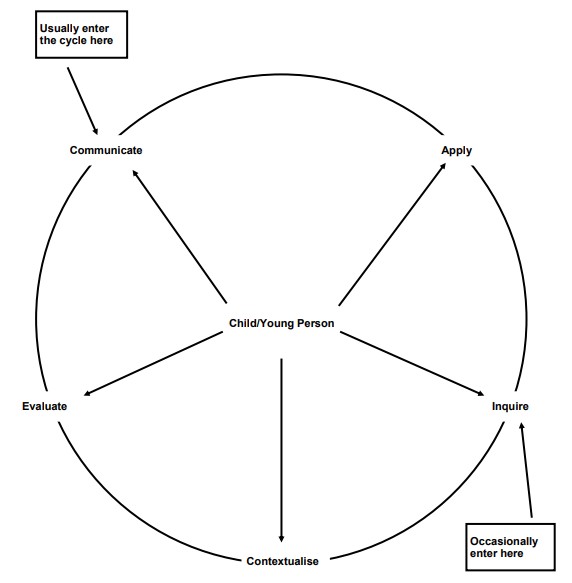 syllabus ‘Living Difference IV’. The children explore a range of concepts within Christianity and the Sikhi faith which are embedded and developed as they progress through the school from Year R to Year 2. These are introduced and explored through the cycle of inquiry which enables the children to understand the concept in relation to their own lives, that is their own experiences and real encounters, as well as within the religion. The Living Difference IV syllabus incorporates 4 ‘golden threads’ (community, special, belonging, love) which are investigated throughout Early Years and Key Stage 1 and are revisited over time to deepen and broaden the children’s experiences.
syllabus ‘Living Difference IV’. The children explore a range of concepts within Christianity and the Sikhi faith which are embedded and developed as they progress through the school from Year R to Year 2. These are introduced and explored through the cycle of inquiry which enables the children to understand the concept in relation to their own lives, that is their own experiences and real encounters, as well as within the religion. The Living Difference IV syllabus incorporates 4 ‘golden threads’ (community, special, belonging, love) which are investigated throughout Early Years and Key Stage 1 and are revisited over time to deepen and broaden the children’s experiences.
In Year R, the children learn about celebrations and religious festivals through stories, role play and circle time discussions. Children learn about the festivals of Diwali and Harvest in the autumn term and consider their own experiences of celebrations through drawing. Other religious festivals, symbols and stories are explored including the story of the prodigal son in the summer term. Through this, the children consider the concept of transition and ‘looking forward’ which supports them for the next transition they will experience of moving to Year 1, and any future changes.
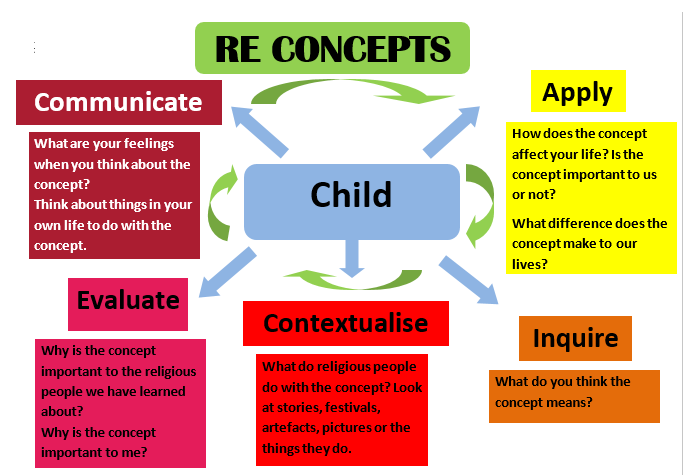 In Year 1, the children engage with some of the same themes from Year R including Harvest and Christmas, as well as the concept of special, which are built upon and examined in more depth. Children begin to evaluate the different concepts studied and consider how important they are to them, the value of the concept within the religion and what the religion would be like without the concept.
In Year 1, the children engage with some of the same themes from Year R including Harvest and Christmas, as well as the concept of special, which are built upon and examined in more depth. Children begin to evaluate the different concepts studied and consider how important they are to them, the value of the concept within the religion and what the religion would be like without the concept.
In Year 2, children are introduced to different communities and particularly inquire about the 5Ks of the Sikhi faith. The children consider how this custom is received by the community and how they would feel to be a part of the traditions of this religion. Children will demonstrate their interpretation and understanding of the concepts learned through drawing, writing, role play and group or class discussions. By the end of Key Stage 1 we aim for the children to have developed a better awareness and understanding of the two religions studied and the different ways that people live. The children should feel confident to express their opinions and show an understanding of what their beliefs are.
There is a skills progression document along with a Year 1 and Year 2 document with a list of knowledge the children will learn each term.
This is the statutory curriculum that we follow called Living Difference VI.
